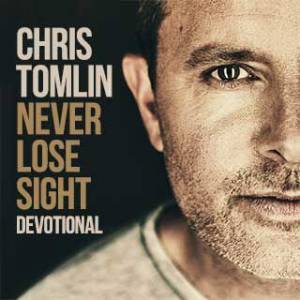Come Thou Fount (I Will Sing) Devotional
Hymns withstand the test of time for good reason. “Come, Thou Fount of Every Blessing” was written in 1758, but congregations around the world still sing it today. Prone to wander, Lord, I feel it, prone to leave the God I love—lyrics that will always resonate with the heart of the believer and the age-old battle between our sinful selves and who we are in Christ: “For I have the desire to do what is right, but not the ability to carry it out. For I do not do the good I want, but the evil I do not want is what I keep on doing.” (Rom. 7:18-19)
As the hymn says, Jesus sought me when a stranger, wandering from the fold of God. Jesus came to us while we were still sinners (Rom. 5:8), not after we had cleaned ourselves up and gotten our acts together. He came right into the middle of our wandering, and that wasn’t a one-time event. We are daily prone to wander, but scripture tells us his mercies are new every morning. (Lam. 3:22-23) His kindness continues to pursue us, in spite of us.
How your kindness yet pursues me
How your mercy never fails me
Because of this, we can tune our hearts to grace, rather than to fear or shame. In Christ, the song from our hearts sings of the kindness God has done for us, by no power of our own and by no performance or act that is worthy.
We can rest in a Father who has taken our hearts and sealed them. We are his and no matter how far we wander, his kindness pursues us still.
Here’s my heart, Lord, take and seal it
Seal it for Thy courts above
Based on the song Come Thou Fount (I Will Sing) by Chris Tomlin. Original post available on YouVersion based on the album Never Lose Sight.
Last Updated: September 12, 2022
More Lists
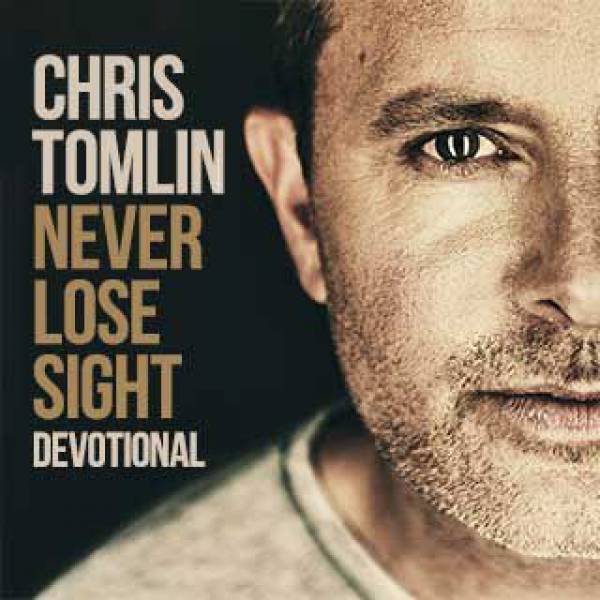 Impossible Things Devotional
Impossible Things DevotionalDuring desperate, dark, difficult, and confusing times, we must cling to the belief that God can do the impossible. Yet when we are desperate or feel surrounded by darkness when times are difficult and confusing—this is when it feels impossible to believe in the impossible, doesn't it? People tell you to pray and believe in a miracle, but your circumstances tell you to be wary and skeptical. It's hard to believe Jesus' words, “With man this is impossible, but with God all things are possible.” (Matt. 19:26) But what if instead of believing in and hoping for a big miracle out there, you looked at the miracle that's already happened inside of you? Before Christ, we were sinners without hope for redemption. Redemption felt impossible, as did freedom. But Jesus made all of this possible. He says in Luke, “The Spirit of the Lord is on me because he has anointed me to proclaim good news to the poor. He has sent me to proclaim freedom for the prisoners and recovery of sight for the blind, to set the oppressed free.” (Luke 4:18) You heal the broken heartedYou set the captive freeYou lift the heavy burdenAnd even now You are lifting me During times of trial, we must retrace the steps of our faith journey and remember, that God has already done the impossible in us through his son: “But God demonstrates his own love for us in this: While we were still sinners, Christ died for us. Since we have now been justified by his blood, how much more shall we be saved from God's wrath through him!” (Rom. 5:8-9) One word and the sinner's forgiven 'Cause You do impossible things No matter what your circumstance are, nothing can change the fact that you are a captive set free. And that makes you walking proof that God can do impossible things, and that he will. Based on the song Impossible Things by Brenton Brown, Chris McClarney, Chris Tomlin, and Ed Cash. Original post available on YouVersion based on the album Never Lose Sight.
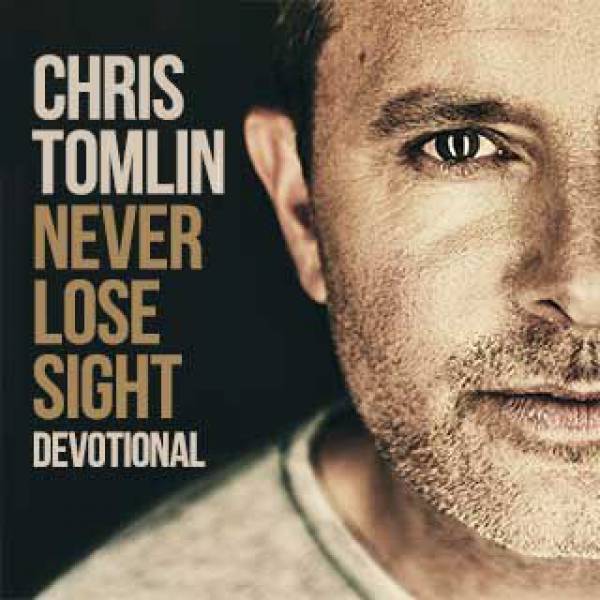 He Lives Devotional
He Lives DevotionalThe faith of Christianity hinges on the resurrection. Did the life of Christ end on the cross, or is he still alive today? Without Christ's resurrection, we are left with a question mark regarding his divinity, which would negate anything he ever said. C. S. Lewis puts it this way in his book Mere Christianity: “A man who was merely a man and said the sort of things Jesus said would not be a great moral teacher. He would either be a lunatic — on the level with the man who says he is a poached egg — or else he would be the Devil of Hell.” Paul stresses the importance of the resurrection when he says, “But if there is no resurrection of the dead, then Christ has not been raised; and if Christ has not been raised, then our proclamation is without foundation, and so is your faith.” (1 Cor. 15:13-14) The resurrection is what proved Jesus was God. It's what proved the power of the cross. From heaven to earth our savior cameFor us on a cross he bled and diedAnd from the cross to an empty graveHe rose to life The truth of the resurrection means Christ is alive today, and he is alive in us. Galatians says, “I have been crucified with Christ and I no longer live, but Christ lives in me.” (Gal. 2:20) As Christians who believe in the resurrection, we believe that we have also died—died to sin—and are no longer slaves, but children of God, inheritors of His kingdom. (Gal. 4:7) We now live because of and for Christ. “You must make your choice,” continues Lewis. “Either this man was, and is, the Son of God, or else a madman or something worse.” Choose to believe in the power of the resurrection today, that Jesus reigns on his throne and he reigns in you. Based on the song He Lives by Chris Tomlin. Original post available on YouVersion based on the album Never Lose Sight.
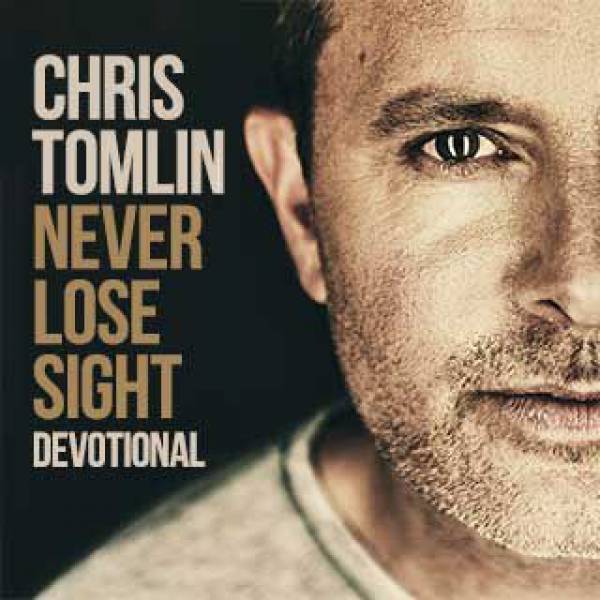 Yes And Amen Devotional
Yes And Amen DevotionalWe experience more broken promises in life than we do kept promises. When someone breaks a promise they've made to us, we feel disappointed and hurt. With each promise that is broken, we grow more wary of the next one, skeptical of its fulfillment. We become calloused and distrusting. Fortunately, we serve a God who is the ultimate promise maker and keeper. The Old Testament is a chronicle of promises, or covenants, God makes with his people Israel. He promises to lead them into the Promised Land. (Gen. 12:12) He promises that they will be his chosen people. (Ex. 19:5-6) He promises eternal rule to the house of David. (2 Sam. 7:12-17) And he promises to make a new and lasting covenant with Israel that will unite God with his wandering people for good. (Jer. 31:31-34) Along the way, he reminds Israel of his faithful nature, assuring them that he will keep his promises. Like it says in Deuteronomy, “Know therefore that the Lord your God is God, the faithful God who keeps covenant and steadfast love with those who love him and keep his commandments, to a thousand generations.” (Deut. 7:9) Faithful you areFaithful forever you will beFor all your promises are yes and amen God fulfilled every promise he made to the Israelites in the Old Testament, and through Jesus Christ he fulfilled the new and lasting covenant: “For all the promises of God find their Yes in him. That is why it is through him that we utter our Amen to God for his glory.” (2 Cor. 1:20) In Christ, the new covenant establishes us as the children of God, inheritors of the Kingdom, marked with a seal and given the gift of the Holy Spirit. This is the greatest promise ever made, and it's a promise that is already a done deal. Nothing can break it. The same God who was faithful to Abraham and Moses in the Old Testament is the God who remains faithful to us today through his son, Jesus. When every other promise made to us is broken on this earth, we can rest in the assurance that this one never will. Based on the song Yes And Amen by Chris Tomlin. Original post available on YouVersion based on the album Never Lose Sight.
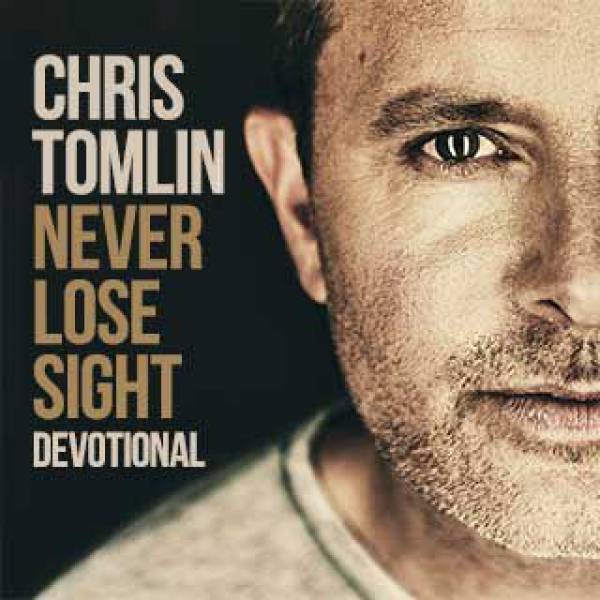 Glory Be Devotional
Glory Be DevotionalIn the Christian tradition, we have a simple hymn of praise called the doxology. Churches and denominations sing, or recite, different versions of the doxology, but the purpose is the same: to praise the triune God—Father, Son, and Holy Spirit. Glory be to God the FatherGlory be to God the SonGlory be to God the Spirit The word doxology comes from the Greek words “doxa,” which means glory, and “logia,” which means saying. Saying glory. As God's creation, this is what we're made to do: say glory, or in other words, worship. We praise God with our words, with our lives, and with our whole being. Praise awaits You at the dawnPraise awaits You in the nightWith the heavens I will sing And lift You high The wonders of God—his creation and power as well as his forgiveness and mercy—call forth songs of joy. They cause us to want to worship. Worship isn't something we do out of obligation, but rather in response to who God is and what he has done. As Psalm 65 says, “Praise awaits you, our God, in Zion; to you our vows will be fulfilled. You who answer prayer, to you all people will come… The whole earth is filled with awe at your wonders; where morning dawns, where evening fades, you call forth songs of joy.” (Psalm 65:1-2, 8) In worship, the focus is not on ourselves and our circumstances but on the one who is above. Worship, unlike any other act, reminds us of who God is—the one who is and was and is to come. For that we say the doxology. We say glory. Glory be to God foreverAll glory to the OneAs it was and is and ever shall beAmen Based on the song Glory Be by Chris Tomlin. Original post available on YouVersion based on the album Never Lose Sight.
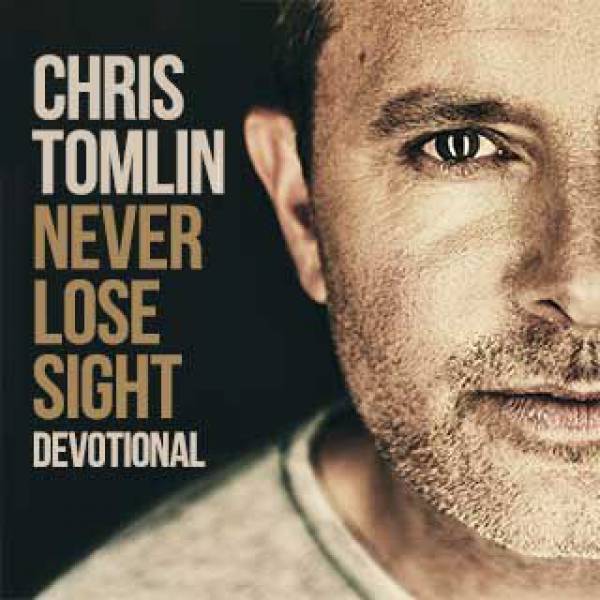 Good Good Father Devotional
Good Good Father DevotionalThe Bible is not discreet about our relationship with God. It is clear. God is our Father; we are His children. In fact, God is identified as our Father 265 times in scripture. Most of those are found in the New Testament because through Christ we have a new identity as an adopted child of God. Romans 8:15 says, “For you did not receive the spirit of bondage again to fear, but you received the Spirit of adoption by whom we cry out, 'Abba, Father.'” Galatians 4:7 says, “Therefore you are no longer a slave, but a son; and if a son, then an heir through God.” You're a good, good FatherIt's who You are, it's who You are, it's who You areAnd I'm loved by YouIt's who I am, it's who I am, it's who I am The word “father” invokes up all sorts of images for people. For some, “father” is associated with warm memories, laughter, family trips, or long conversations on a front porch. For others, the word is associated with absence, rejection, hurt, or pain. At times, we have greatly distorted what the role of a father was intended to be. This is why it's so important to understand that God is not only our Father, but He is a good Father. You may believe you are a child of God, but do you believe, really believe to your very core, that you are loved by God? This can be a difficult truth to grasp, even for the most fervent believer. Guilt, shame, and sin can prevent us from believing in and experiencing the love of God. Bitterness and past experiences remain in our hearts and minds, and over the years we grab hold of a lie that He wants good for others but not for ourselves. Oh, I've heard a thousand storiesOf what they think You're likeBut I've heard the tender whisperOf love in the dead of nightAnd You tell me that You're pleasedAnd that I'm never alone This sort of thinking is counter to what scripture says about God as our Father. Think about how the Father figure of God is described and what this says about His character: He embraces the prodigal son, and the older brother—He is loving, accepting, and patient. (Luke 15) He takes care of the sparrows but says He cares much more for his children than the sparrows—He provides and is attuned to our needs. (Matthew 10) He goes after every single lost sheep until it is found—He pursues a relationship with us and doesn't ever get tired of looking after the lost. (Luke 15) The two truths that have the most transformative power in your life are that you are God's child and God is a good Father. Tell yourself that today, over and over. It's who you are, and it's who He is. Based on the song Good Good Father by Chris Tomlin, Anthony Brown, and Pat Barrett. Original post available on YouVersion based on the album Never Lose Sight.
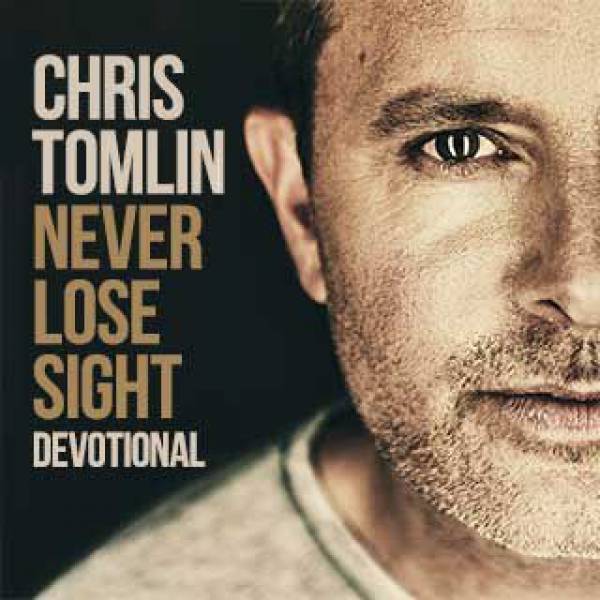 God Of Calvary Devotional
God Of Calvary DevotionalShame is much easier to wear than grace. Shame is what we know. We're accustomed to its fit, its feel. We never seem to be enough. We are always falling short. And so we move through life weighed down by an unnecessary burden. On the hill of CalvaryThe light of all the worldWith the world on his shouldersThe weight of all our shame Shame takes over whenever we lose sight of the cross. Without the cross, our sin defines us. No matter how long you've been a believer in Jesus Christ, the temptation to go back to our old way remains, the way of the law. We like the law because it gives us a sense that we're earning our keep. Follow these rules, and you're safe. Break them, and you've failed. But the gospel flips this legalistic thinking upside-down. “Therefore,” writes Paul in Romans, “there is now no condemnation for those who are in Christ Jesus, because through Christ Jesus the law of the Spirit who gives life has set you free from the law of sin and death. For what the law was powerless to do because it was weakened by the flesh, God did by sending his own Son.” (Rom. 8:1-3) When Jesus died on the cross on Calvary, he set us free from sin and shame. Isaiah 53:5 says, “But he was pierced for our transgressions, he was crushed for our iniquities; the punishment that brought us peace was on him, and by his wounds we are healed.” By his wounds I am set freeBy his blood I've been redeemedThe great divide he crossed for meOh, praise the God of Calvary By his wounds we were healed, and we are now a new creation, children of a God who bridged the divide between us with his son, Jesus. Let's exchange our clothes of shame and be clothed in grace instead. Walking and living in this gift given to us by the God of Calvary. Based on the song God Of Calvary by Chris Tomlin. Original post available on YouVersion based on the album Never Lose Sight.
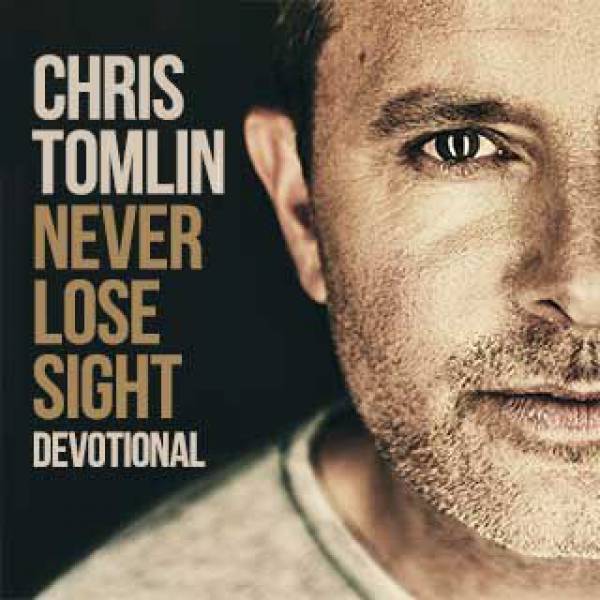 Home (Chris Tomlin) Devotional
Home (Chris Tomlin) DevotionalWe feel the brokenness of this world every day, don't we? Maybe you feel it in your relationships, in a struggle you're facing, or even in your own body. Something is off here. We don't quite feel at home. We are always yearning for something more because we were made for something more. “For this world is not our permanent home,” Hebrews says, “we are looking forward to a home yet to come.” (Heb. 13:14) This world is not what it was meant to beAll this pain, all this sufferingThere's a better place waiting for meIn heaven Our real home has not yet come, but we are given a taste in scripture of what it will be like: “Look! God's dwelling place is now among the people, and he will dwell with them. They will be his people, and God himself will be with them and be their God. 'He will wipe every tear from their eyes. There will be no more death' or mourning or crying or pain, for the old order of things has passed away.” (Rev. 21:3-4) In heaven, every chain is broken, every fear is gone. The things of this world that enslave us today—our sin, our circumstance, our mortality—will have no hold over us in eternity. Whatever feels broken here will be made whole in our eternal home. In the daily grind, it's hard to remember this isn't all there is. We get lost in the shuffle and in the mess of it all. This is why we have to intentionally stop and remind ourselves of the hope we have in Jesus, the freedom that is to come, and the home that we were made for. Knowing this, we can boldly sing: Hallelujah, hallelujahI am goingI'm going home Based on the song Home by Chris Tomlin. Original post available on YouVersion based on the album Never Lose Sight.
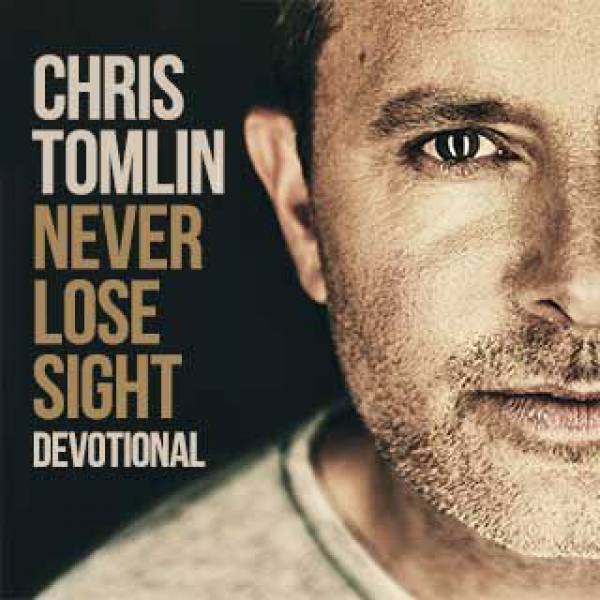 Jesus (Chris Tomlin) Devotional
Jesus (Chris Tomlin) Devotional“Therefore God exalted him to the highest place and gave him the name that is above every name, that at the name of Jesus every knee should bow, in heaven and on earth and under the earth, and every tongue acknowledge that Jesus Christ is Lord, to the glory of God the Father.” Philippians 2:9-11, NIV Names are powerful. From birth, they give us our identity. They immediately tell others who we are. Throughout the Bible, names are important to Jesus. In fact, He was notorious for changing people's names and then helping them live up to the name He gave them. Yet no name wields more power than that of Jesus Himself. Emmanuel, God with us. And through the ages, the names of the Father have become a source of strength for His children: Shepherd.Friend.Savior.Messiah.Jesus. Ask any longtime Christ follower, and they can likely tell you the name of the Lord that means the most to them and where they were when they learned the meaning and value of that particular name of God. The name of Jesus evokes a peace and a power like no other. It's through the name of Jesus that we find everlasting life. Romans 10:13 says, “Everyone who calls on the name of the Lord will be saved.” In His name we find salvation, freedom, and ultimate healing. It's His name that we call in times of despair. It's His name that we celebrate and revere in wonder and praise. There is a name I call in times of troubleThere is a song that comforts in the nightThere is a voice that calms the storm that ragesHe is Jesus, Jesus So much is wrapped up in that one name, and the longer we follow Christ, the more we discover that so much of ourselves is wrapped up in those five letters. He is the only one who can tell us who we are because we are His. Yet culture will relentlessly try to redefine us, calling us names like: Stupid.Small.Ugly.Insignificant.Not enough. But culture holds no power over anyone who belongs to Jesus. The One who stills the wind and the waves knows your rightful name, and He calls you: Precious.Beloved.Beautiful.Priceless.Mine. Based on the song Jesus by Chris Tomlin and Ed Cash. Original post available on YouVersion based on the album Never Lose Sight.
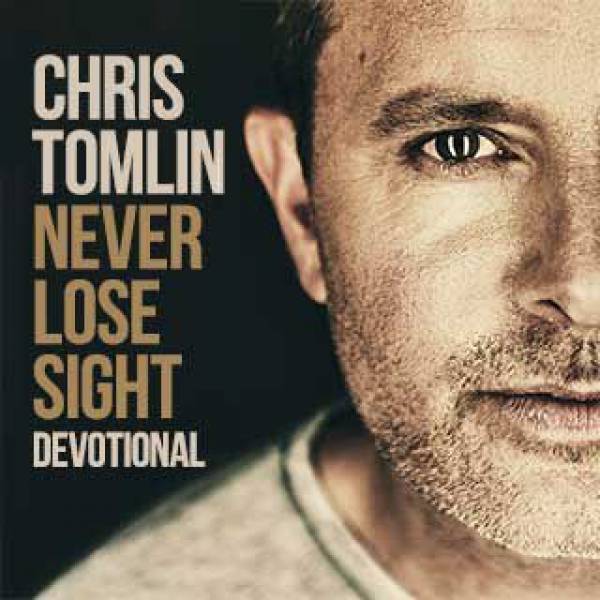 First Love Devotional
First Love DevotionalYou probably remember the moment when you first encountered Jesus as your savior. Maybe it was at an altar call in a church setting, maybe it was in a hospital room, or alone in your car, or at coffee with a friend. That moment marks the turning point of your life. Your story is now divided into two parts: pre-Jesus and post-Jesus. The Christian life is marked with moments when we have to return to the moment and remember the difference Jesus made in our lives, that he really is and always will be our first love. You are still my first loveAnd all I am is yoursYou are still my anchorForever I'm secure The Book of Revelation warns against abandoning our first love. In reference to the church at Ephesus, it says, “…you have persevered, and have patience, and have labored for My name's sake and have not become weary. Nevertheless I have this against you, that you have left your first love. Remember therefore from where you have fallen; repent and do the first works.” (Rev. 2:3-5) The church at Ephesus had been doing good works for the gospel, but they had lost the heart behind it, the reason they were working for the gospel in the first place. They had left their first love, and when we do this, no matter how much “good” we're doing, our attempts are in vain. First Corinthians explains, “And though I bestow all my goods to feed the poor, and though I give my body to be burned, but have not love, it profits me nothing.” (1 Cor. 13:3) Oh, how I love you, JesusYou are my greatest joyHow I adore you, JesusOh, my soul rejoice Christ is the reason and the force behind all we do. We feel this strongly at the beginning of our Christian journey. We are in love with Jesus and do things out of that place of love. As time goes by, however, we slip into performing out of obligation or to look good to others. If this is the pattern you find yourself in today, take this opportunity to stop and remember why we do good. Return to that moment you first met Jesus and the passion and desire it stirred in you. No matter how much time has passed since then, no matter what's transpired, he is still and always will be your first love. Based on the song First Love by Chris Tomlin featuring Kim Walker-Smith. Original post available on YouVersion based on the album Never Lose Sight.
